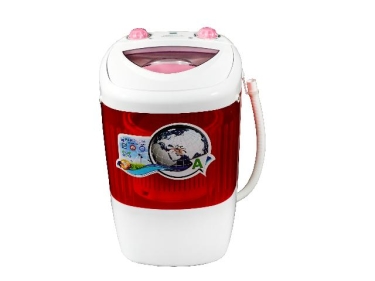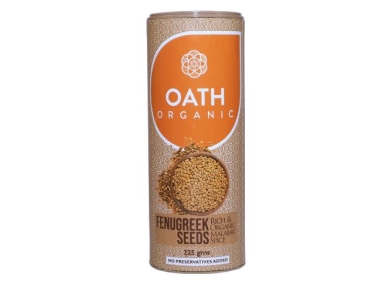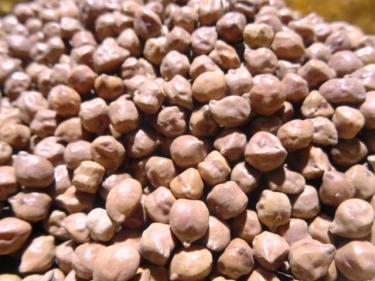Trade issues related to Market Access
Even with high-quality products, many businesses struggle to get access to international markets. This is frequently due to a lack of research. Here are some of the obstacles to be aware of, as well as suggestions for how to effectively overcome them.

Various companies often struggle to gain access to international markets. Even when they have world-renowned know-hows and high-quality products, they often face insurmountable restrictions that prevent them from accessing worldwide markets. Here are some of the barriers and how you can best overcome them:
How to Get around Trade Barriers
In general, market access difficulties are linked to two main reasons. The first reason is because the exported goods are of poor quality, while the second reason is due to the regulations in place in the country where the goods are to be delivered.
In terms of product quality, there are times when a product fails to meet the quality standards required to enter a certain market. Indeed, some businesses tend to believe that if they are successful in their home country, they will be successful in their destination country as well, which is not necessarily the case. As a result, they are taken aback when their product has trouble entering a specific foreign market. Consumption habits and preferences differ enormously from one country to another.
In order to avoid this issue, it is advisable for each company to do thorough research before even considering access to a foreign market, in order to determine the best product to export and the appropriate way of entry. This will also allow the company to know whether it needs to adapt its product or service or if it has to design a new product entirely. By doing so, the company is able to minimize the barriers to market entry.

Regulation is another major factor that makes it difficult for businesses and goods to gain entry to foreign markets. Even though the WTO accords ban measures that favor dumping, protectionism, or quotas, some nations use regulatory barriers to safeguard their own markets. Importation of food products containing palm oil is prohibited in certain European Union (EU) nations, for example. As a result of this non-tariff restriction, all African, South American, and Asian enterprises exporting items using this oil are barred from entering the EU market.
These kinds of measures are prevalent all over the world, which means it's a good idea to be aware of them to avoid unpleasant surprises. The International Trade Center's "Market Access Map" is one of the most useful resources for exporters to learn everything they need to know about market access. This tool can help you determine the various non-tariff and regulatory barriers that exist on imports from different nations.
Let Export Portal Help You
In the world of trade, it is important to stay updated on all current events. For more useful blogs like this one, make sure to check out the rest of Export Portal’s Blog Page!


















Comments 2